Erin | she/they | bi adult | art/personal blog! I like liking things
Don't wanna be here? Send us removal request.
Text




COLMAN DOMINGO 97th Annual Academy Awards (March 2, 2025)
2K notes
·
View notes
Text





Nasty business; still, they're all in one piece. [No thanks to your burglar.] He had the nous to play for time. None of the rest of you thought of that.
THORIN II OAKENSHIELD & GANDALF in THE HOBBIT: AN UNEXPECTED JOURNEY (2012)
2K notes
·
View notes
Text












The Lord of the Rings: The Two Towers (2002)
🎬 Peter Jackson
+ IMDb trivia (FotR trivia)
6K notes
·
View notes
Photo








THE COMPANY OF WOLVES (1984) dir. Neil Jordan
3K notes
·
View notes
Text




"You better watch your tone, young man." "You better be careful, old man, or I'll break your eggs."
FUNNY GAMES (2007) dir. michael haneke
99 notes
·
View notes
Photo


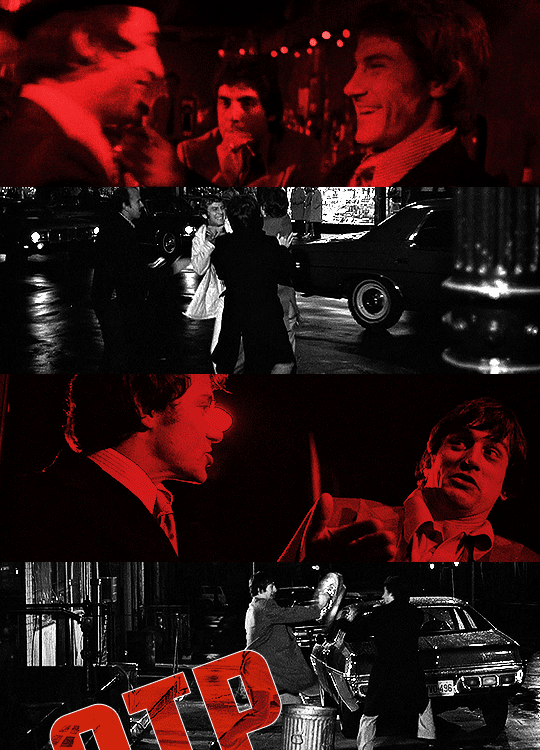
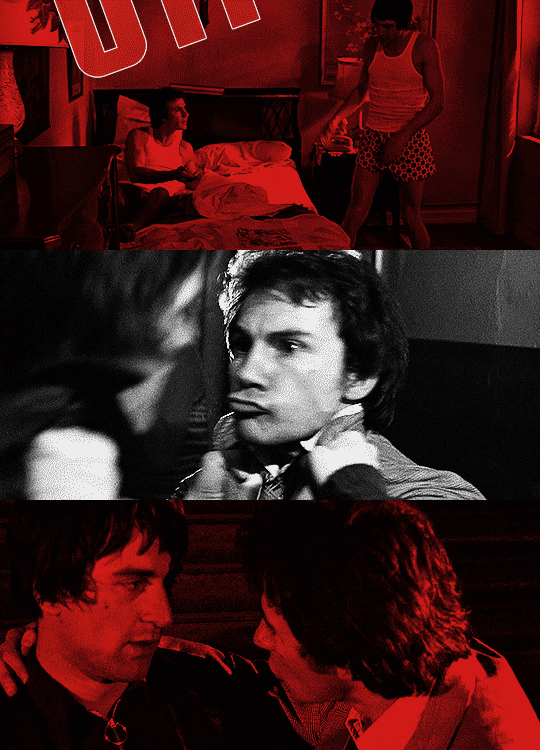
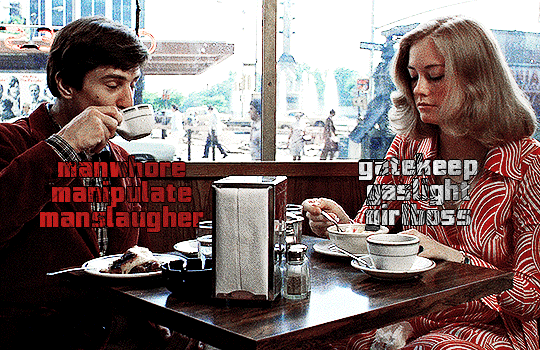
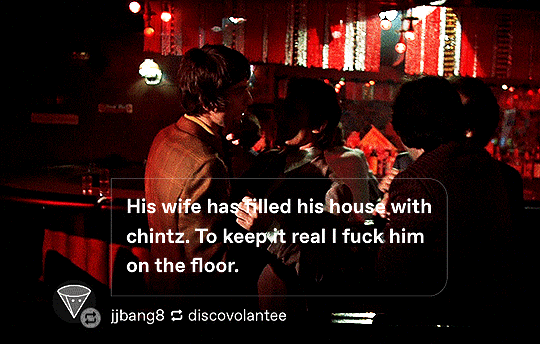
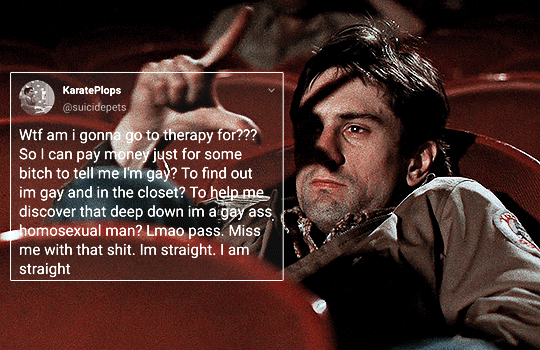
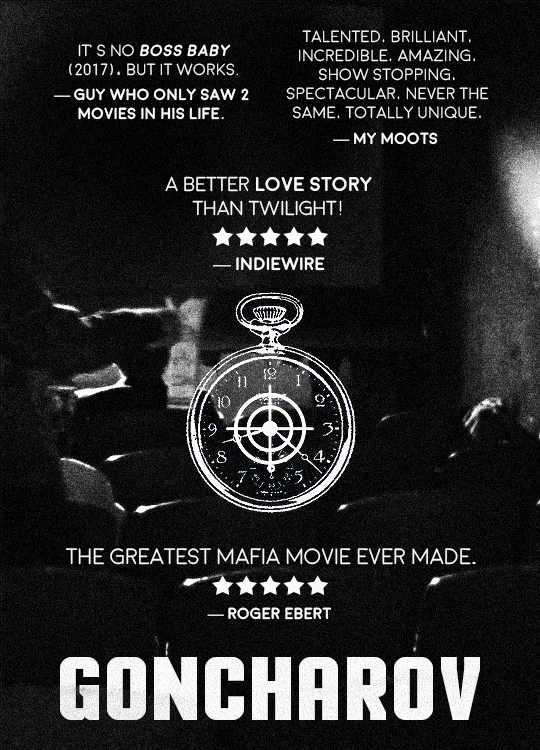
pscentral event 09: comfort | comfort movie. ❤️
GONCHAROV (1973).
— dir. Martin Scorsese.
24K notes
·
View notes
Text

That band you like is going to come back into style
426 notes
·
View notes
Text



MULAN (1998) dir. tony bancroft + barry cook
2K notes
·
View notes
Text

Black History Month Art Challenge
Day 15: Louis de Pointe du Lac - Interview with the Vampire
505 notes
·
View notes
Text





THE PASSENGER dir. Carter Smith
352 notes
·
View notes
Text


Happy Entering The Town of Twin Peaks Day!
244 notes
·
View notes
Text







You remind me of my granddaughter. No one really likes her, either.
YELLOWJACKETS — 1.04: Bear Down
468 notes
·
View notes















